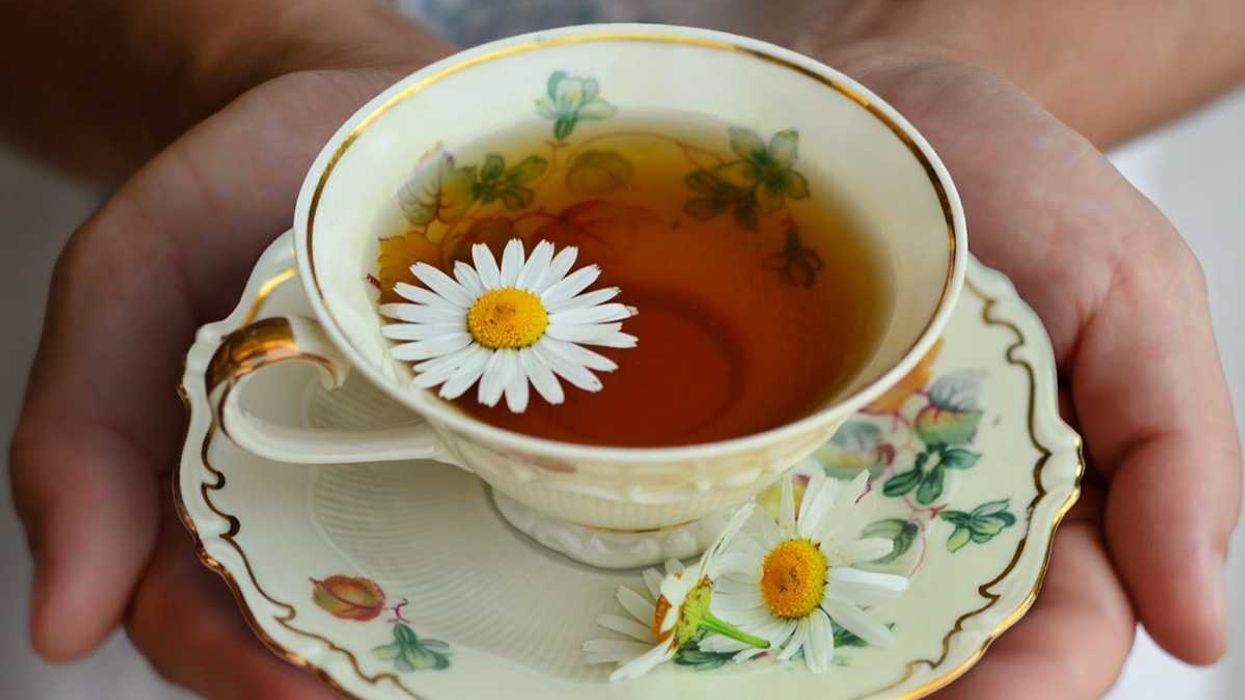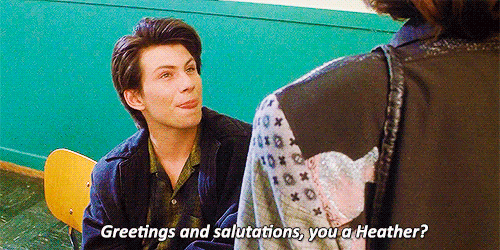The 12-year-old owner of the lemonade company Me and the Bees just got some big investors. Like, literally big. Bench-press-twice-your-body-weight big.
At a Boys and Girls Club event in Houston, former NFL player Arian Foster and current Detroit Lions defensive back Glover Quin announced they had raised $810,000 to invest in Mikaila Ulmer’s quickly growing lemonade company, according to The Houston Chronicle. The two football players were able to get other NFL stars to chip in to help Ulmer grow the business, including the Seahawks’ Bobby Wagner, the Texans’ Duane Brown, and Lions cornerback Darius Slay.
“She's super smart,” Quin said. “She’s very special. Obviously, she has a bright future. Hopefully, I can be a part of it and nourish it and watch her grow. The sky is the limit. I'm very impressed with her.”
The young entrepreneur already had a pretty good jump-start on her business before the football players joined in. Since 2014, Me and the Bees has grown 100% each year, and Ulmer even introduced President Barack Obama at the 2016 United State of Women Summit.
Ulmer first started making lemonade when she was 4. Her parents encouraged her to participate in the Austin Lemonade Day in Texas, an event to help foster entrepreneurship in kids. For inspiration, she looked to an old cookbook her grandmother sent and found a lemonade made with flaxseed and sweetened with honey.
Around the same time, she was stung by a bee, but instead of becoming afraid of them, she was fascinated. At those early appearances at the Austin Lemonade Day, she would show up dressed as a bee while cranking out glasses of lemonade. And now that she’s become a proper company, with an appearance on Shark Tank (the “sharks” invested $60,000) and distribution deals for her bottled lemonade with Whole Foods and Wegmans, she wanted to be socially conscious with her cash.
“I like using my own money to solve a problem,” she told Ujima Magazine. “So I donate my time and a percentage of the profits from the sale of lemonade to help honeybees.” So 20% of Me and the Bee’s earnings are donated to Heifer International, the Texas Beekeepers Association and Sustainable Food Center of Austin with a specific purpose in mind.
For Foster, who has been looking for investment opportunities since he retired from the NFL, he felt Ulmer’s business was a perfect fit.
“Of course, anytime you invest in anything, you look at if it’s going to be profitable,” Foster said. “We look for companies that match our main focus of developing a good product but are also good people and do it for the right reasons. It’s more than about money to us. We believe that investing in small black businesses is extremely important.”


















 Woman drinking in the morning air.Photo credit
Woman drinking in the morning air.Photo credit  Coffee.Photo credit
Coffee.Photo credit  A cup of tea.Photo credit
A cup of tea.Photo credit  Woman drinks morning brew.Photo credit
Woman drinks morning brew.Photo credit 

 Two young women hang out in a 1980s-themed roomCanva
Two young women hang out in a 1980s-themed roomCanva  Gif from the movie "Heathers" via
Gif from the movie "Heathers" via 

 Pictured: A healthy practice?
Pictured: A healthy practice?